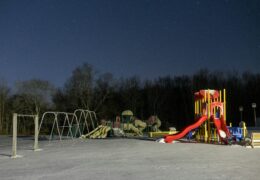Animal-Assisted Therapy (AAT) is a therapeutic modality integrating animals into the treatment process to enhance individuals’ physical, emotional, and social well-being. Although it might appear as a contemporary innovation, the origins of AAT trace back to ancient civilizations, where animals were revered for their purported healing properties. For instance, in ancient Greece, equine-assisted therapy utilized horses to facilitate physical and emotional healing1.
The trajectory of modern AAT began to develop in the late 18th century when observations of psychiatric patients displayed improved mood and behavior upon interacting with animals. The earliest documented usage of animals in therapeutic contexts in the United States dates back to the 19th century. Florence Nightingale recognized the morale-boosting effects of pets on hospitalized patients2.
Throughout its history, AAT has transcended its nascent stages to emerge as a well-established therapeutic intervention employed across diverse settings. Its use encompasses hospitals, rehabilitation centers, educational institutions, and correctional facilities. Animal-Assisted Therapy is acknowledged as a valuable complementary therapy for individuals grappling with various conditions, including Post-Traumatic Stress Disorder (PTSD).
As society continues to embrace the therapeutic potential of animals, it becomes imperative to acknowledge and uphold this ancient tradition. Concurrently advancing research endeavors and implementing best practices safeguards the welfare of both humans and animals within therapeutic environments.
Exploration of Animal-Assisted Therapy unveils its rich historical lineage and underscores its contemporary significance as a potent therapeutic tool. It epitomizes the enduring bond between humans and animals in fostering holistic well-being.
References
- Harris, H. A. (2006). Sport in Greece and Rome. Cornell University Press.
- Bostridge, M. (2008). Florence Nightingale: The Making of an Icon. Farrar, Straus and Giroux.
Unapologetically for the children™


